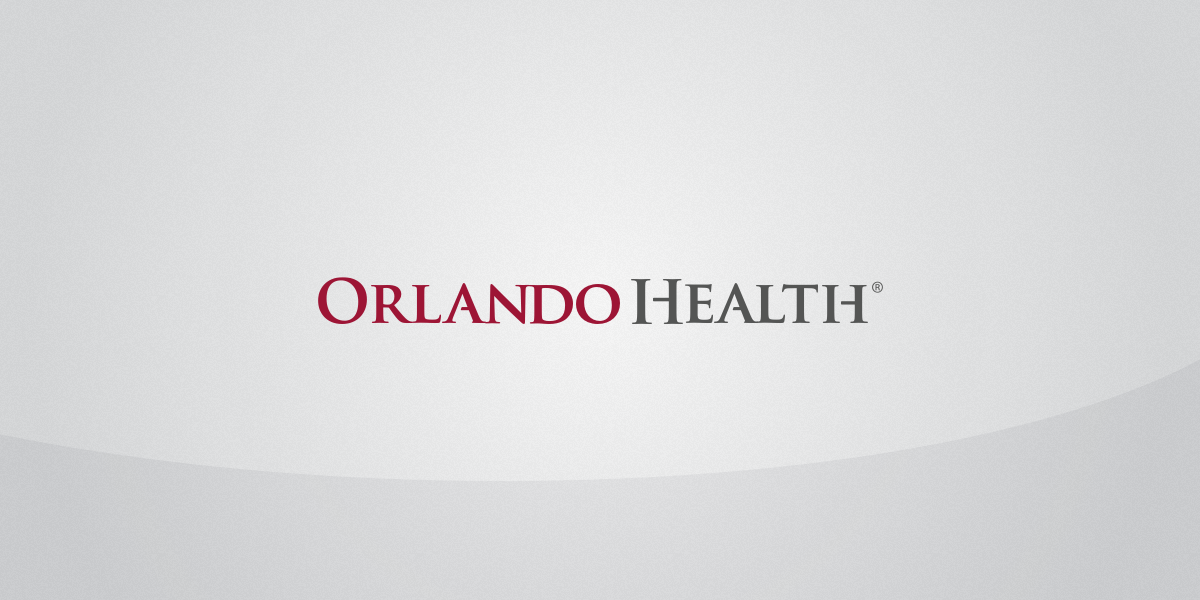During pregnancy, you expect changes in your body. But did you know changes can occur in your mouth as well?
In addition to seeing your obstetrician on a regular basis during pregnancy, it also is important to have regular dental appointments. Some research is showing that periodontal disease can be one risk factor and cause for preterm delivery.
Dental Changes During Pregnancy
During pregnancy, hormonal changes can increase the acidity in the mouth, leading to an increase in cavities. This also can be due to an increased sugar intake caused by cravings and a decrease in attention to preventive dental care.
Ligaments and bones in the mouth may temporarily loosen during pregnancy, resulting in teeth wiggling slightly. This doesn’t increase tooth loss, but it can be alarming. Other conditions also can lead to loose teeth, so it’s a good idea to get this checked out and confirm the reason for the movement.
Particularly during the third trimester, the body’s inflammatory response increases the amount of bacteria and plaque that stick to the teeth, leading to swelling and bleeding of the gums, or gingivitis. The bacteria and plaque release toxins that can cause infection in the gums and bones. In severe, untreated cases, this infection can enter the bloodstream and cause significant illness.
Recommended Dental Care During Pregnancy
Everyone (pregnant or not) should undergo dental cleaning and assessment at least once every six months.  Poor oral hygiene has been linked to an increased risk of cardiovascular disease, diabetes, Alzheimer disease, respiratory infection and oral osteoporosis.
Poor oral hygiene has been linked to an increased risk of cardiovascular disease, diabetes, Alzheimer disease, respiratory infection and oral osteoporosis.
Tell your doctor if you are pregnant, but also know that most preventive treatments during pregnancy are safe. Delaying treatment may lead to more advanced issues and could increase the risk of preterm delivery.
At home, keep up with your routine dental care during pregnancy.
- Limit sugary foods and drinks
- Brush twice a day with a toothpaste containing fluoride
- Floss daily
If you have irritated gums, try rinsing with saltwater (1 teaspoon of salt in 1 cup of warm water). If that doesn’t help, see your dentist.
Taking care of your teeth is important at any stage of life, but during pregnancy, oral and dental changes occur that shouldn’t be ignored. By maintaining regular dental visits, you’ll be ready to greet your baby with a beautiful, healthy smile.




